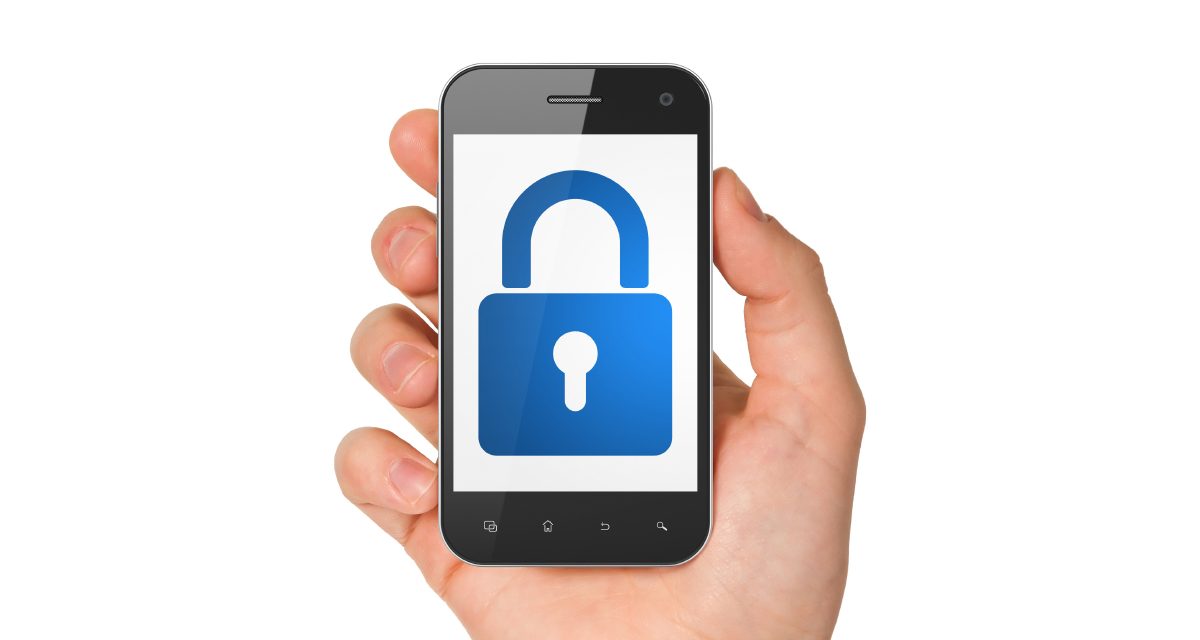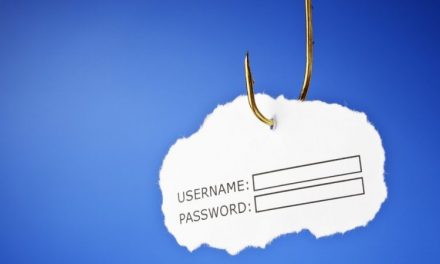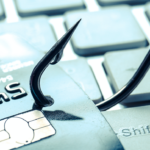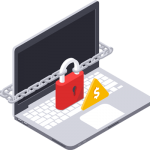These days, it seems we have to hand out our cellphone number like sweets at a kids party. Whether it be required for signing up for a new account, entering into a raffle, returning a purchase at a retail store, or registering for a discount, your phone number seems to be like a “skeleton key” for opening up all manners of doors.
Does giving out your cellphone number put you at risk of identity theft?
The answer is both “Yes” and “No”.
Yes, oversharing or giving out your number too frequently can lead to more scam calls, texts or unwanted solicitors. These days, our cellphone numbers are being used increasingly by information brokers to gain access to personal information that’s kept by nearly all corporations, financial institutions, and social media networks.
If someone you had just met asked you for your ID number, you would likely not give it to them. What if the same person asked you for your cell phone number? My guess is that you would readily tell them the ten-digit number, with no questions asked.
No, identity thieves cannot open new lines of credit, apply for benefits or make large purchases with your cellphone number.
However, the real threat is with the device itself.
Your cell phone number – which is unique to you – is the doorway to your identity. It provides an entrance to all the data contained on your phone, and can link your other information to you – your email address, physical address, bank account number etc. If your smartphone falls into the wrong hands and isn’t protected, a thief could access your email account and change all of your account log-ins, get into your Facebook and post malicious links, access your two-factor authentication, or even drain money from your mobile wallet.
What can you do about it?
- Safeguard your mobile device: Make sure it has a passcode and is set to lock quickly. You’ll also want to have a phone finder app installed so that if it is lost or stolen you can either find it, or worst case, remotely erase all of your data.
- Use common sense: If you’re asked for your phone number, ask why. In general, don’t give it out to people you don’t know see if you can leave it blank on online forms – even if that means it may take a few seconds more to identify you the next time you make a purchase.
- Enable two-factor or multi-factor authentication on all your devices: This is what happens every time you go to an ATM: to make a withdrawal you need both your debit card and a PIN number. That’s two-factor authentication, which increases the level of security on your devices.
- Sign up for the “do not call” lists, which are helpful for run-of-the-mill solicitations. While hackers don’t subscribe to such lists, you won’t get as many pesky marketing calls.
- Get more than one cell phone, and only gives out the number to the phone that contains no data or links to personal information.
- Choose which private data you are willing to share: When asked for your cell number, especially at a retailer, you may be able provide an email address, zip code or just your name as a way to identify you. It’s worth asking about.
All of this takes more time and effort, but ask yourself ow much privacy and security are you willing to trade away for a little more convenience?









